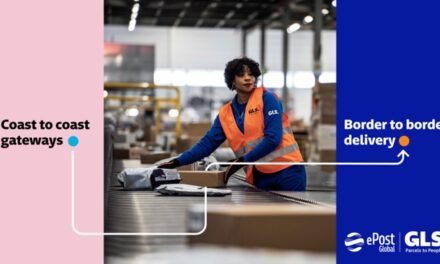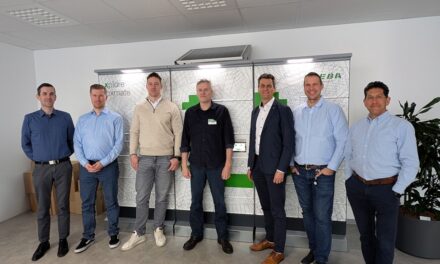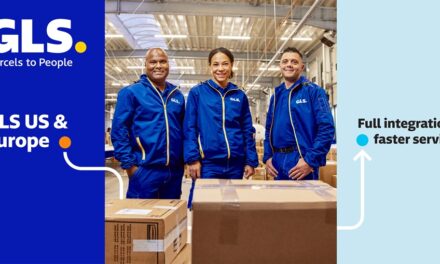
GLS increases prices as €55m investment confirmed
GLS Group will increase prices by an average of 3.8% from 1 April, the company has announced. The pan-European parcel, express and logistics business will implement the price rise in both its domestic and international shipping portfolios.
Rico Back, CEO of GLS, said: “The package markets of most European countries have recovered in the past year.”
He explained that at the moment the amount of goods that businesses are shipping are rising. However, the huge price drops in the CEP market, which came about during the economic crisis, are still having a negative effect on the industry.
The new prices will reflect the value of GLS’s “high quality and performance”.
GLS operates one of Europe’s largest road networks and Back confirmed it will also look to invest around EUR 55m this financial year on company expansion and modernisation.
“The money will go primarily to the expansion and continuous modernisation of our European network, which currently has 665 depots and 38 central shipment points,” said Back. “We also continue to invest in training our staff, as well as in information technology and security.”
The growth in e-commerce is also an important factor for GLS as it looks towards a profitable future.
“The focus of GLS is still within the B2B parcel delivery, but more and more mail-order customers sell over the Internet directly to end users,” added Back. “One in five GLS packages now go to a household. This final mile is proving expensive.”
GLS said it has created a “solid foundation” for the B2C activities of its customers. In addition to its traditional network, GLS Parcel Shops play an “important role”, and are currently available in eleven countries.
In addition, the company offers B2C customers an advanced notifications solution, via text, email and the Internet.
“We continue to invest in structures and services that improve the consumer deliveries,” said Back. “We expect a high-quality service in both B2B and B2C.”
The implementation of environmentally friendly initiatives are also high on the agenda at GLS.
Post&Parcel reported late last year that the German arm of the business had “significantly” improved distribution capacity in the country by opening a new eco-standard depot in Kürnach near Würzburg.
The depot stands only 300 metres away from the previous building used by the logistics provider.
Similar to GLS’s depots in Vaihingen-Enz and Bornheim, the eco-standard building is heated by a specialist pump, whilst rain water is cleansed in-house to provide drinking water.
Furthermore, the depot has been constructed from fully recyclable steel.












